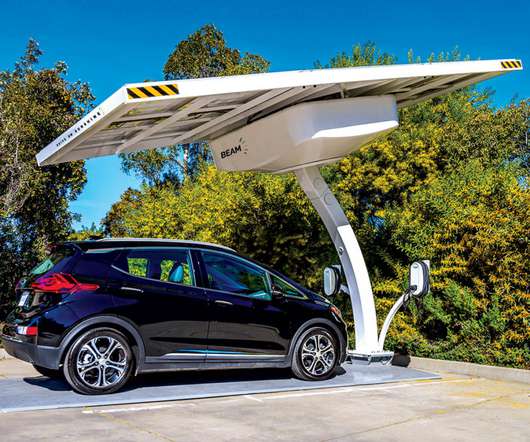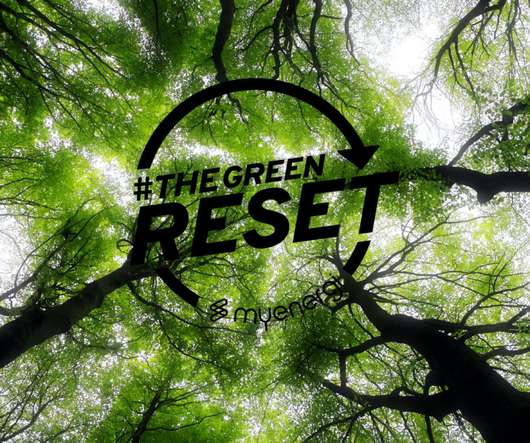DOE BETO to award $61.4M for low-carbon biofuels research to reduce transportation emissions
Green Car Congress
APRIL 9, 2021
million for technologies that produce low-cost, low-carbon biofuels. ( BETO is focused on developing technologies that convert domestic biomass and other waste resources (e.g., municipal solid waste, biosolids) into low-carbon biofuels and bioproducts.























Let's personalize your content